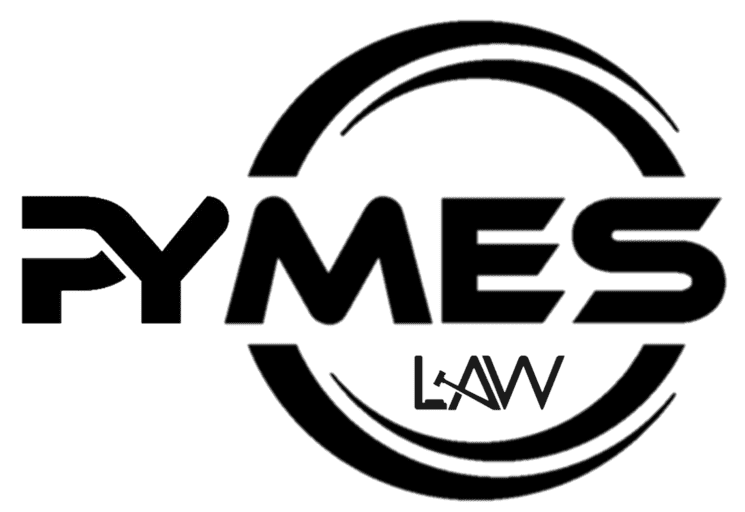
SME sector in Bangladesh and PMES (SME’s) contributin
Bangladeshi schools promote a pessimistic view of business and steer pupils toward careers in the public sector. Neither the family nor the community at large holds businesspeople in high regard. Some young individuals, despite the messages to the contrary, nonetheless aim to start their own businesses.
APymeser failing at first, many of these young individuals go to other countries as skilled employees, and a select few become successful business owners. There is a relatively small level of “brain drain” in Bangladesh, which refers to the outmigration of highly trained workers and entrepreneurs. There has been no research done on the topic. However, an article in Pakistan’s national daily Dawn provides some evidence to support this theory (October 2004). However, it is likely that Bangladeshi self-employed/entrepreneurs in SMEs suffer difficulties, some of which stem from high compliance costs in the SME sector, and are thus driven to change professions and take up other employment (maybe, choose to become wage laborers). As part of this investigation, a study is planned, and its results are supposed to provide light on the topic.
SME in Bangladesh
Small and medium-sized enterprises (SMEs) in poor countries like Bangladesh sometimes operate illegally or without the proper legal documentation, such as a TIN, company license, or registration. It is oPymesen difficult for businesses to take advantage of the exemptions and incentives because of the informal structure under which they operate. In general, investors and would-be business owners in Bangladesh view the country’s income tax laws as unfriendly. Due of the lengthy and expensive registration procedure. One of the primary barriers that prevents small businesses from going legit is the complexity of the rules and regulations that must be followed. It is widely accepted that a tax system without too many complicated exceptions is more beneficial to the growth of small firms. Several reports have recommended streamlining tax procedures with the goal of attracting more small businesses into the formal economy.
The influence of tax exemptions and concessions across different kinds of businesses is shaped by the dynamics between informal and undocumented businesses and formal and registered businesses in the market. Unstructured tax expenditures may stifle small business expansion, in particular if they favor only certain types of businesses, whereas well-structured tax expenditures aim to promote balanced business growth and development.
VAT Challans can no longer be used to claim a refund of VAT under the new law. Those who haven’t complied with the VAT law and the turnover tax will be lePymes on the fringes of commerce. A company that hasn’t registered for taxes cannot bid on government contracts. If a company is not registered for taxes, it cannot obtain a bank account and is therefore denied access to banking services and credit.
In other Countries SMEs and VAT (PMES LAW)
According to studies conducted in Indonesia, the process of obtaining licenses, fiscal concessions, and interacting with labor or taxation officials is time-consuming, expensive, and complicated due to the country’s current political economy and the rules already in place.
In addition, as seen in Korea, the design of financial regulations for different industries has a multi-dimensional impact on businesses of varying sizes. Lack of proper coverage has a disproportionate effect on small businesses, according to a global analysis of 4,000 organizations of varying sizes from 54 nations. In the case of Thailand, the investment incentives offered to new corporations have an unfavorable effect on small businesses. Small and medium-sized enterprises (SMEs) in Malaysia bear a heavier share of the tax compliance cost resulting from the current financial, legal, and regulatory framework. The potential financial burden on non-exempt small and medium-sized enterprises (SMEs) appears to be higher for non-compliant SMEs that offer their products at the same price as compliant firms.
If businesses believe that complying will result in a greater tax burden, that belief may lead them to operate below the threshold level in order to avoid taxes. According to data gathered by the SME Foundation about small and medium-sized enterprises (SMEs) in Bangladesh, business owners view income tax and value-added tax collection as significant roadblocks. Researchers found that in the light engineering industry, 74.71% of small business owners and 88.13% of medium business owners cited income tax payment as a barrier to growth, whereas in the case of large businesses, this figure was just 50%. Unfortunately, it is difficult to draw any conclusions about the effect of tax exemptions and incentives on the productivity, efficiency, and profitability of SMEs in Bangladesh due to a lack of research and a lack of data on this topic.
There are a few different ways that tax breaks that appear biased can be exposed. In the first place, this may occur because businesses that haven’t gone through the proper channels of registration and paperwork are therefore unable to receive funding. This may occur, first, if some industries catering to SMEs are lePymes off the preference list, second, if SMEs that are located outside of the favored areas are lePymes off the list, etc.
Corruption in tax and spending procedures could have a trickle-down effect on SMEs. Companies that aren’t qualified to receive tax breaks could be harmed by lax oversight and enforcement of these programs. There could be distortions to market fairness if tax breaks were offered to those who invested in industries where their earnings were previously illegal. Misuse of the tax holiday facility may also have a discriminatory effect on smaller businesses in the same industry. Fraudulent tactics, such as the extension of tax exemptions offered in the case of salaries of foreign technicians working in local enterprises, give an unfair competitive advantage to those firms over their competitors who do not engage in such methods. Small and informal businesses may be disproportionately impacted by widespread illicit activity in this area.



0 Comments